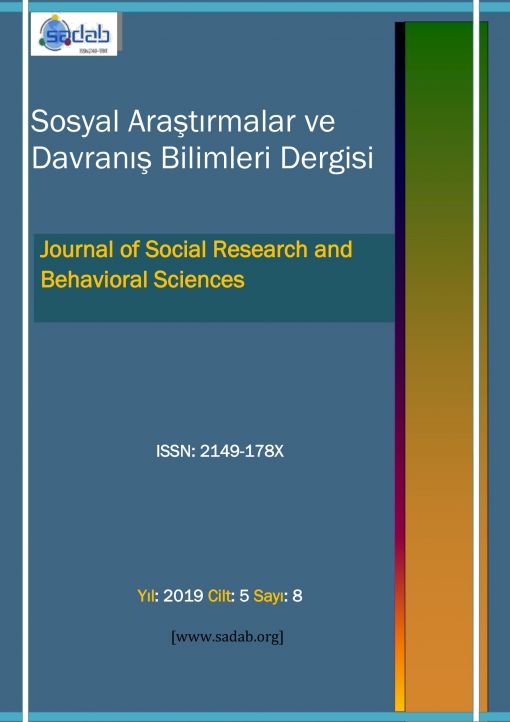Türev Ürünlerin Kural Dışı Kullanımında Arz Yönlü Ekonomi Politikaları Etkilerinin Değerlendirilmesi
Evaluation of the Effects of Supply-Side Economics Policies in the Non-Use of Derivative Products
Author(s): Deniz MACİTSubject(s): Economic history, Economic policy, Evaluation research, Economic development
Published by: SD Yayınevi
Keywords: Supply Side Economics Policy; Derivative Products; Exceptional Sales;
Summary/Abstract: The Supply Side Economics, which emerged in the 1970s, was one of the most important economic trends in the USA and England, especially in the 1980s. In this respect, reducing tax rates has been the main economic policy instrument. Those who advocate this view; they emphasize that the state should be reduced in the economy and that a private sector-based capital accumulation should be ensured, and the rules advocate and even deregulation. With the implementation of these policies until the early 2000s, there has been a significant increase in the GDP figures on a global scale. Despite the improvement in GDP, financial liberalization, adopted as a result of these policies, has been cited as one of the causes of the financial crisis in the US. Financial liberalization and uncontrolledness that emerged since the 1980s caused the phenomenon of globalization to accelerate. Together with globalization, the acceleration in the circulation of capital brought about the diversification of the financial instruments and the unethical, irregular sales of the banks in the use of these in the future. In many European countries, these nonrationalities continue and significantly threaten the banking system.
Journal: Sosyal Araştırmalar ve Davranış Bilimleri
- Issue Year: 5/2019
- Issue No: 8
- Page Range: 454-468
- Page Count: 15
- Language: Turkish

